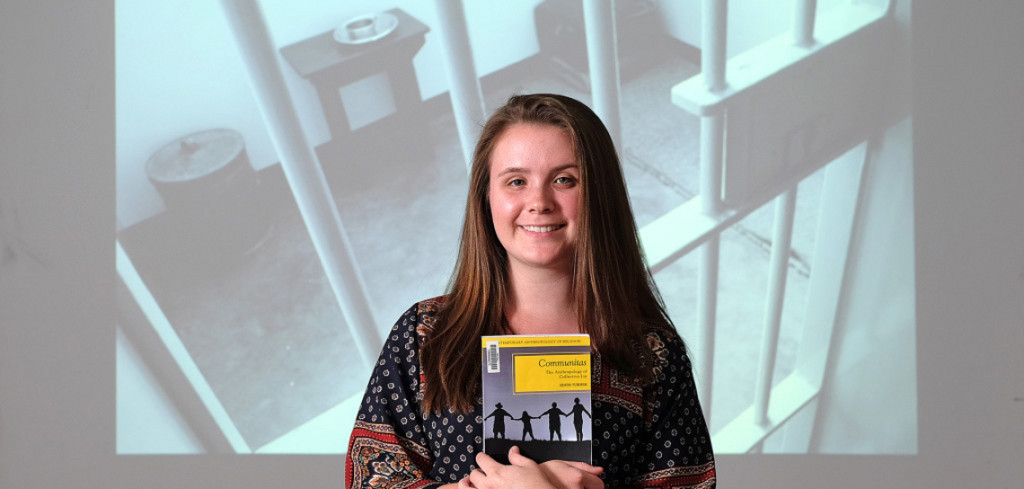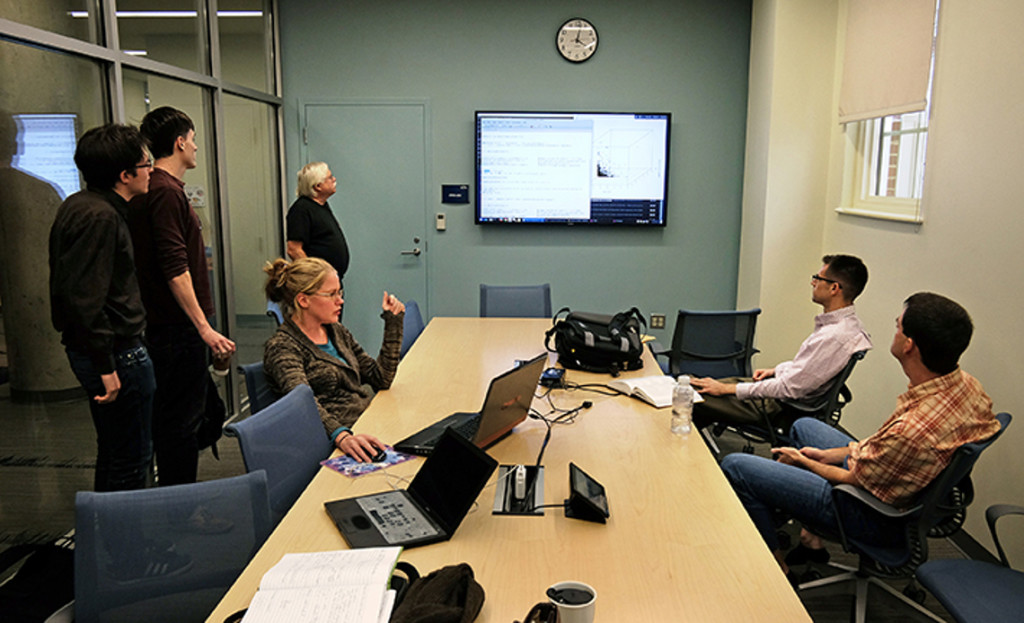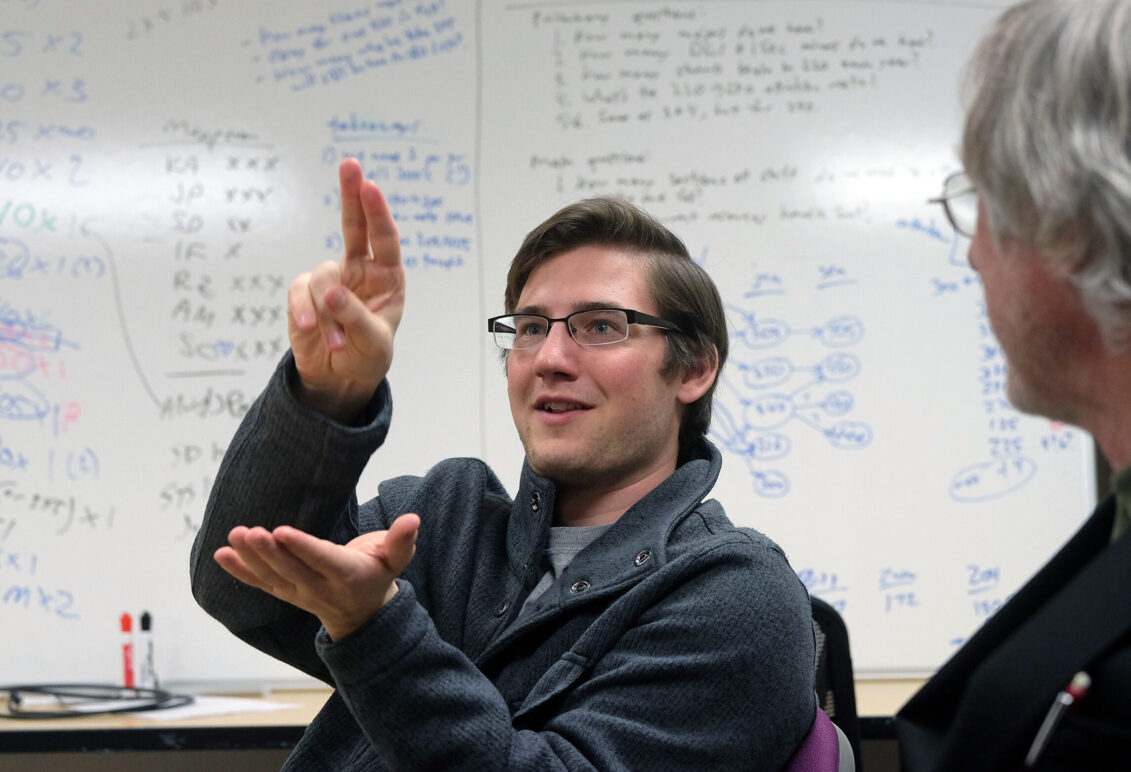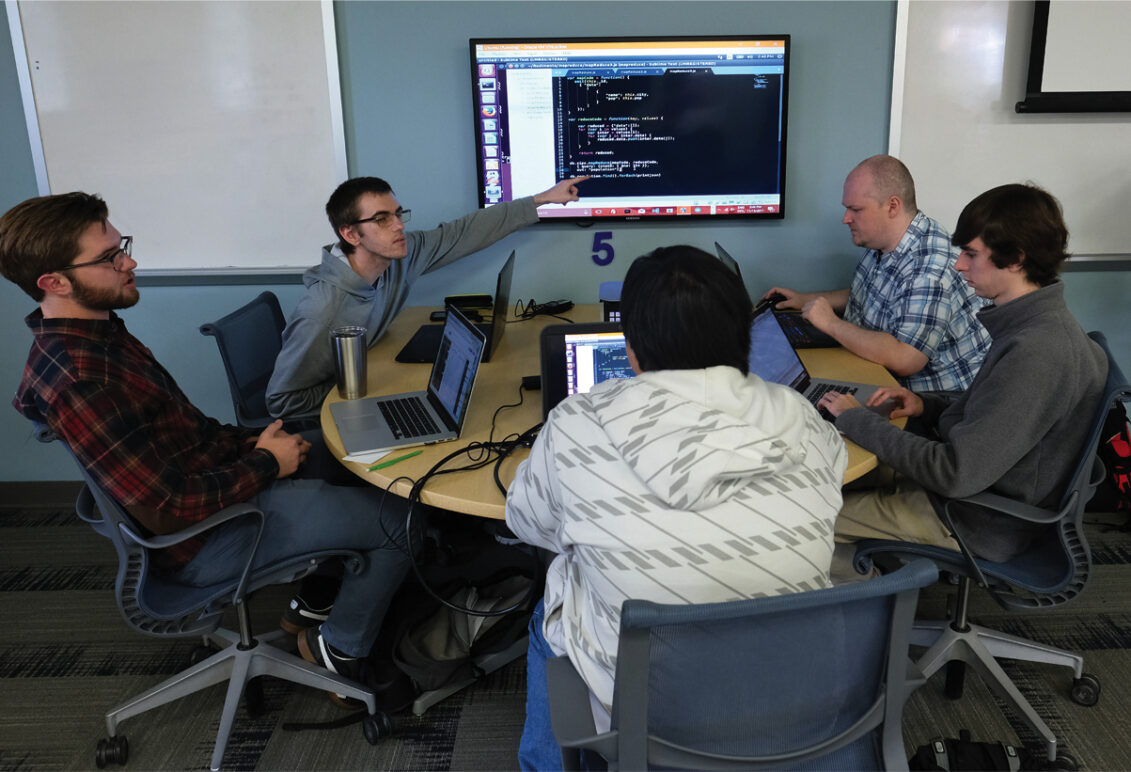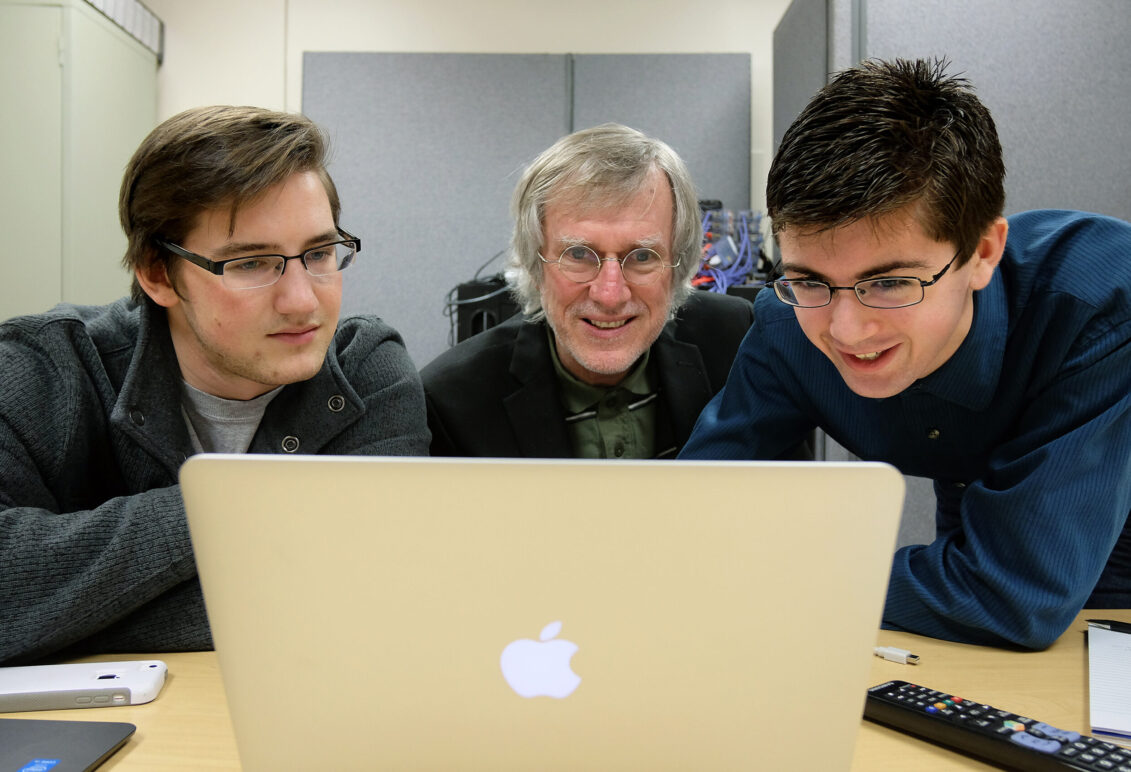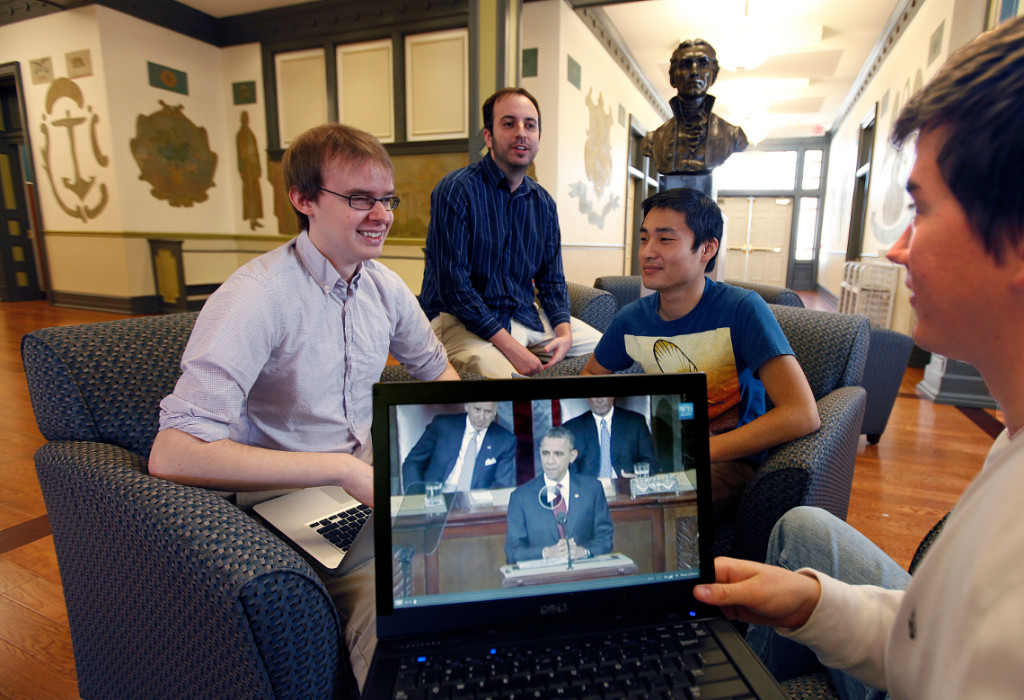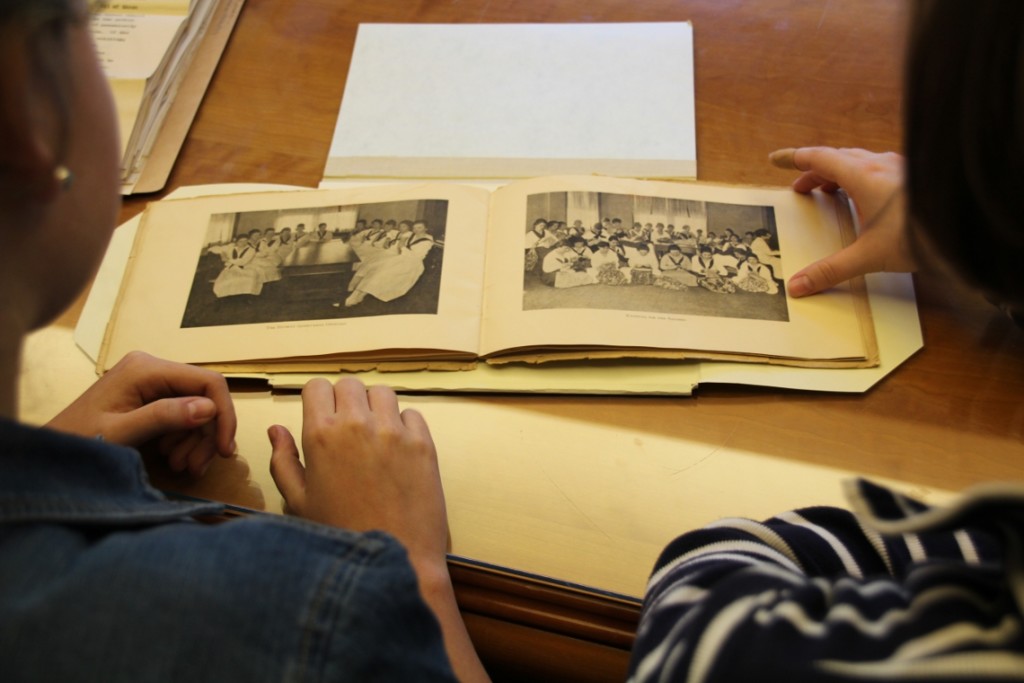Anthropology
Question the known – and the unknown.
Challenge your cultural assumptions as you discover values and customs around the world. Spend a summer conducting fieldwork in Guyana or study abroad for a semester as you open your mind to new ways of problem-solving, communication and living together as humans. The research, writing and analysis skills you gain will equip you for success in graduate school or a variety of careers.
Degree Awarded
Students majoring in Anthropology who complete all requirements earn the degree of Bachelor of Arts (B.A.) in Anthropology.
Areas of Study
As a student of Anthropology, you will have the opportunity to take courses such as Introduction to Cultural and Social Anthropology, Ethnography, Arguments in Anthropology, Anthropology of Art Practices of Memory, Ethnobotany and Anthropology & Psychology.
Career Opportunities
The strong background in what it means to be human across the globe, and throughout time, and the experiential learning opportunities you’ll gain in completing UMW’s Anthropology program will prepare you for a variety of careers. Work in marketing, advertising, diversity training, social advocacy, historic preservation, community development, communications, international development, genetics counseling, documentary film-making, government, education, you name it.
Internships
Internship opportunities abound for UMW Anthropology majors. Snag a spot at the Micah Ecumenical Shelter, Thurman Brisben Homeless Shelter, or disAbility Resource Center. Or you could gather valuable professional experience at places like Empowerhouse, Refugee Resettlement Services, the Lloyd F. Moss Free Clinic, Rappahannock Legal Services, the Virginia Department of Juvenile Justice, Rappahannock Regional Jail, the Human Rights Campaign, the U.S. Census Bureau, Downtown Greens and more.
“I’m finding my anthropology education to be quite helpful in this particular environment. Working in human services has me surrounded by people from many disciplines trying to solve the cultural problems of inequality in a very specific community, and I find I can bring a unique angle to the equation with my ‘anthro brain.’”
Americorps Volunteer in Raleigh, NC
Departmental honors in anthropology is centered largely on an honors thesis written under the supervision of a committee chaired by the anthropology faculty member with the greatest expertise in the student’s area of interest. During the candidate’s research, she or he must persuade the committee that the project is worthwhile, moving forward, and deserving of departmental honors.
A successful honors thesis presents an original, informed, persuasive argument based on extensive, sound, imaginative scholarship; broad knowledge of the topic and understanding of the theoretical framework within which the candidate discusses the topic; and competent writing. An honors candidate should expect to work mostly independently, with minimal guidance from the advisor(s). Ideally, a successful honors project should be publishable in a minor anthropological journal.
The Anthropology major requires 30 credit hours, including Introduction to Cultural Anthropology, Ethnography, Theories of Culture, Senior Research, and Senior Seminar, plus 15 credit hours of electives in anthropology, including at least one course that includes a significant field-research component.
- The Bill Hanson Memorial Scholarship
- Clyde and Virginia Carter Memorial Scholarship
- Amanda Elizabeth Dress ’95 Scholarship in Sociology
- Cora Lee Kaufmann Scholarship in Sociology and Anthropology
- Jarrett and Hazel Small Wilkins Scholarship in Social Sciences
